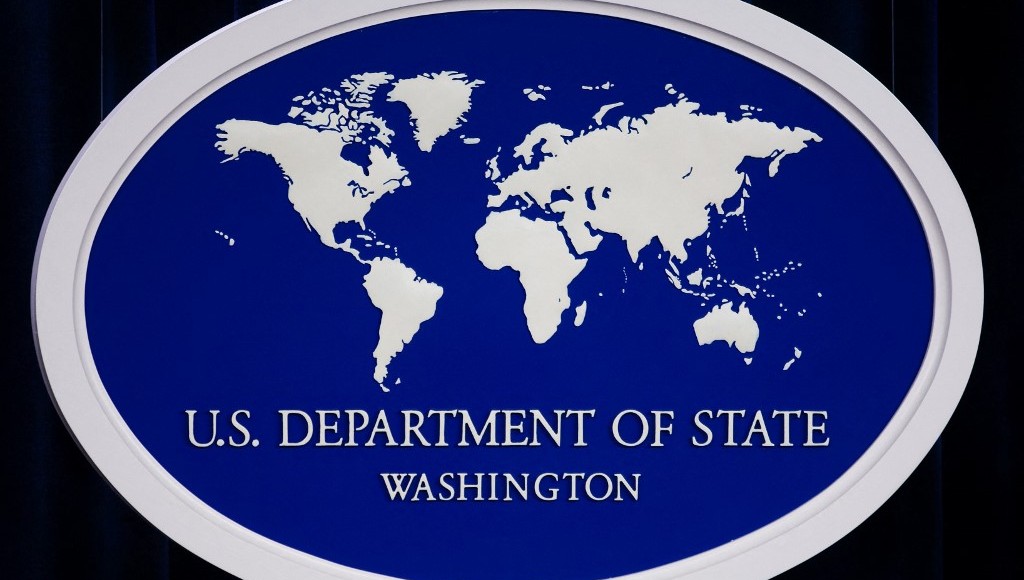The US State Department included Albania’s decision to close two schools allegedly linked to the Gülen movement, a faith-based group outlawed by Turkey, in its 2022 Country Reports on Human Rights Practices published on March 20.
The report cited the Albanian government’s closure of the Mehmet Akif Ersoy girls high school and the Zübeyde Hanım kindergarten as examples of alleged human rights violations in the country, under a section titled “Discrimination and Societal Abuses.”
The Albanian government, under alleged pressure from Turkey, abruptly closed the schools on Sept. 22, 2022, due to purported violations of Ministry of Education regulations.
Critics argue that the move was politically motivated, targeting the Gulistan Foundation and the Turgut Özal Education Company, which have alleged ties to the Gülen movement, accusing Albania’s government of caving to Turkey’s authoritarian President Recep Tayyip Erdoğan.
Turkey accuses the faith-based group of orchestrating a failed coup in 2016, a charge the group denies.
Albanian Education Minister Evis Kushi defended the decision at the time, claiming that the schools had relocated without permission and no longer met the legal criteria for operation.
However, the Albanian Helsinki Committee condemned the closures, saying they lacked due process and resulted in a “harsh, hasty, disproportionate, and harmful decision.”
A declaration signed by 20 European lawmakers from 14 countries on Oct. 18 called for the Parliamentary Assembly of the Council of Europe (PACE) to follow up on Albania’s actions. The lawmakers expressed concern that Albania, as an EU candidate country, is not respecting the rule of law by making politically motivated decisions under external pressure.
Many at the time criticized the decision and connected it to Turkish President Recep Tayyip Erdoğan’s repeated calls for Albania to close institutions affiliated with his arch-foe Fethullah Gülen, the inspiration of the movement who has lived in self-imposed exile in the US since 1999.
At its peak, the Gülen movement operated schools in 160 countries and ran thousands of educational facilities in Turkey, including schools, prep schools, universities, and dormitories. The movement is well-known for its educational activities and civic initiatives worldwide.

